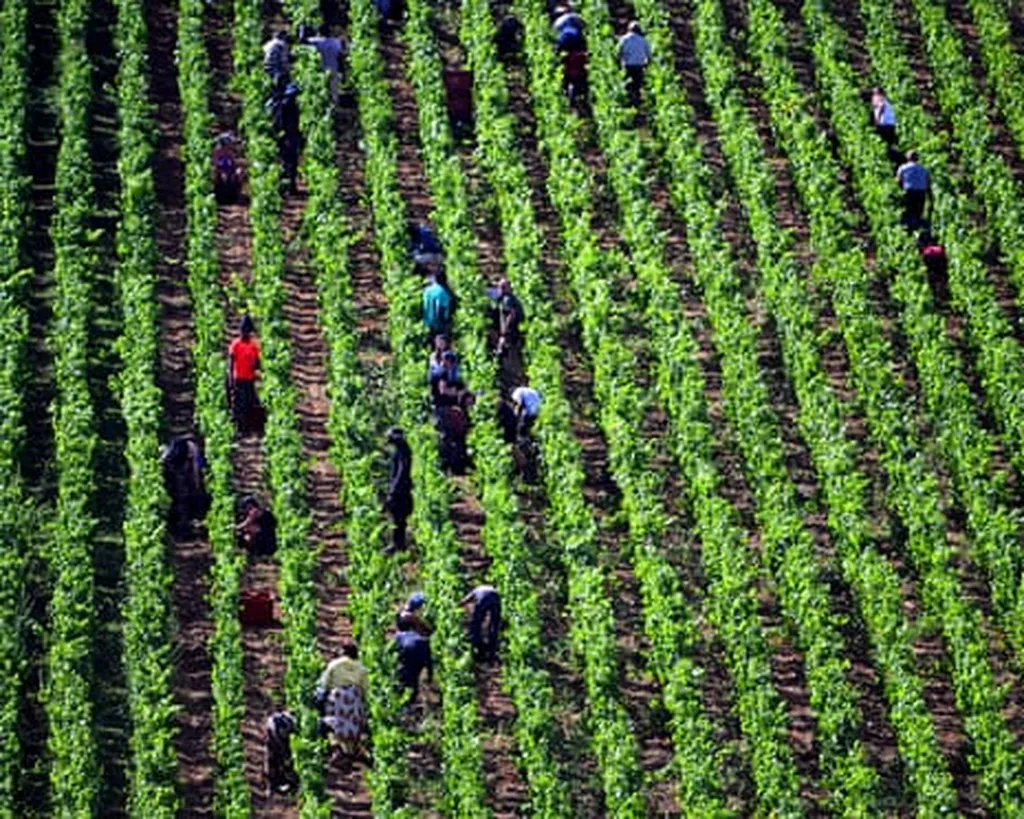In the heart of Ukraine, a nation grappling with the dual challenges of climate change and agricultural intensification, a groundbreaking study is reshaping the way we think about farming. Led by V. Petrychenko, this research, published in the journal “Agricultural Science and Practice” (translated from Ukrainian as “Agricultural Science and Practice”), delves into the transformational changes in land use and soil fertility, offering insights that could revolutionize agrarian production.
The study highlights the peculiarities of land use in Ukraine, comparing it with other European countries to underscore the urgent need for biological farming. “The effectiveness of agrarian production in conditions of transformational changes depends on the biological farming,” Petrychenko asserts. This approach focuses on the rational use of land resources, prevention of degradation, and the preservation and enhancement of soil fertility.
Petrychenko’s research employs a robust methodology, including observation, comparison, analysis, and synthesis, to provide a comprehensive understanding of the current state of affairs. The study reveals that economic activities have disrupted the fundamental principle of interaction between the agriculture and livestock sectors, leading to inefficiencies in the use of intensification factors. Moreover, the principle of crop variability is often overlooked when introducing short crop rotations of market crops.
The implications of this research are profound, particularly for the energy sector. As the world grapples with the need for sustainable energy sources, the agricultural sector plays a pivotal role. Biological farming, as advocated by Petrychenko, not only enhances soil fertility but also contributes to sustainable land use over time. This approach can potentially reduce the carbon footprint of agricultural practices, aligning with global efforts to combat climate change.
The study’s findings are a wake-up call for policymakers, farmers, and agribusinesses alike. By adopting biological farming practices, Ukraine and other nations can ensure the long-term sustainability of their agrarian production. This shift could also open new avenues for investment in sustainable agriculture, creating a ripple effect that benefits the entire energy sector.
As we stand on the precipice of a new era in agriculture, Petrychenko’s research serves as a beacon, guiding us towards a future where farming is not just about productivity but also about sustainability and resilience. The journey towards biological farming is fraught with challenges, but the rewards—enhanced soil fertility, sustainable land use, and a reduced carbon footprint—are well worth the effort. In the words of Petrychenko, “The effectiveness of agrarian production in conditions of transformational changes depends on the biological farming.” This is a clarion call for action, a call that the agricultural and energy sectors must heed to secure a sustainable future.

